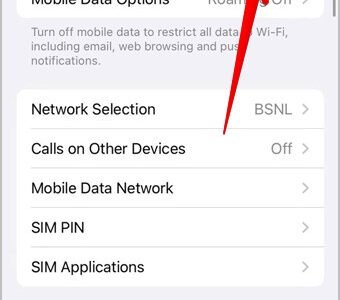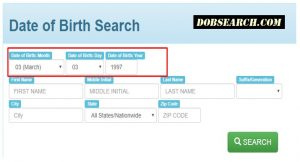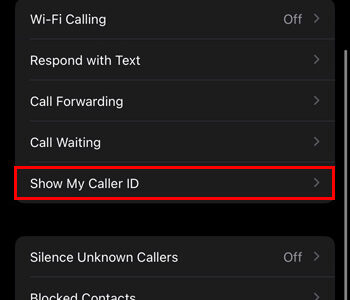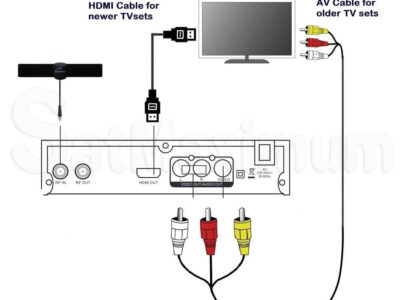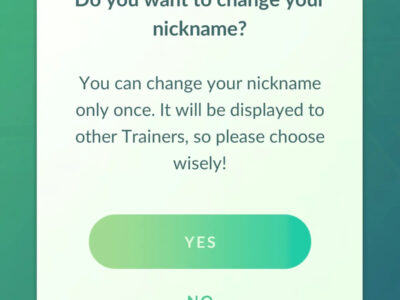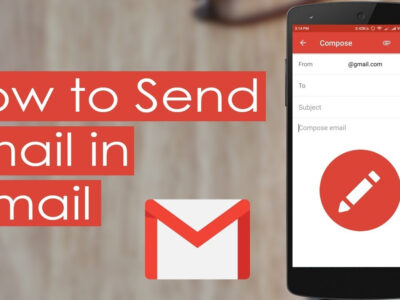Ever stumbled upon a word that seems simple but for some reason, you just can’t seem to recall how it’s spelled? This can happen with everyday objects we use without a second thought, like a “calculator.” It’s not just a device that’s integral to complex mathematical calculations but also a word that can trip up many when it comes to spelling it correctly. This guide will help ensure that you remember the spelling of “calculator” easily and accurately, so you can communicate with confidence, whether you’re typing a text message, writing an email, or penning a letter.
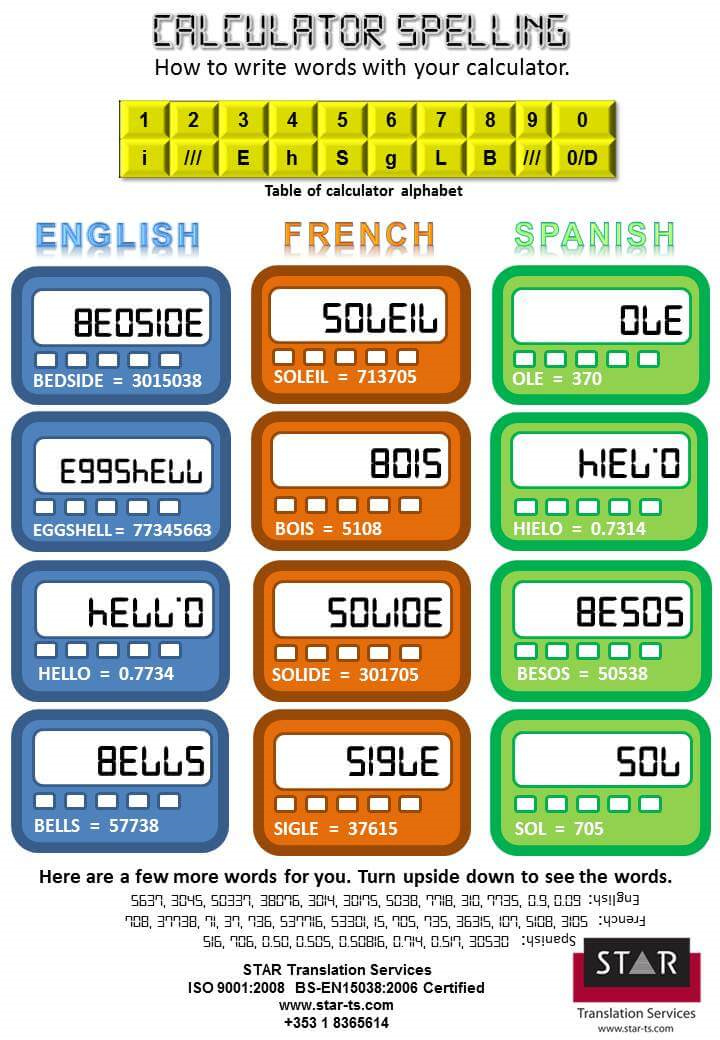
Phonetic Breakdown
Understanding the phonetic components of a word can greatly aid in spelling it correctly. Let’s go through the word “calculator” by breaking it down into phonetic chunks.
- Start by saying the word slowly: “Calculator.”
- Break it down into syllables: ‘Cal-cu-la-tor.’
- Say each syllable slowly and clearly.
- Focus on the sounds that make up each syllable: “Cal” like in “California,” “cu” as in “cub,” “la” as in “lava,” and “tor” like in “tornado.”
Summary: By practicing the pronunciation of each syllable, you will be able to map these sounds to their corresponding letters. This exercise doesn’t have any significant downsides unless you overthink the pronunciation and confuse yourself.
Rhyme Association
Relating words to familiar rhymes can make spelling easier. Let’s rhyme words with each part of “calculator.”
- Identify words that rhyme with each syllable of “calculator.”
- For “cal,” rhymes could include “pal,” “gal,” and “shall.”
- For “cu,” use words like “knew,” “shoe,” or “true.”
- For “la,” think of “spa,” “ma,” or “aha.”
- For “tor,” select a rhyme such as “door,” “store,” or “roar.”
Summary: Rhyme Association helps you recall the spelling by linking syllables to familiar words that sound alike. However, this technique might be less effective if the rhyming words chosen are spelled very differently from the syllables in “calculator.”
Visual Memory Cue
Creating a visual representation of the word can enhance memory recall. Let’s visualize “calculator” in an interesting or unique way.
- Write down “calculator” in bold letters on a piece of paper.
- Highlight or color each syllable in a different color.
- Look at the word and visualize it in your mind.
- Close your eyes and try to recall the different colors along with the syllables.
Summary: Visual cues help you associate the look of the word with its spelling. The downside might be relying too much on colors, making it tough to recall the spelling without them.
Mnemonic Device
A mnemonic is a learning technique that aids in memory retention. Create a mnemonic for “calculator.”
- Take the first letter of each syllable in “calculator” (C-A-L-C-U).
- Create a short, easily remembered phrase using words that start with those letters.
- Example: “Cats And Lions Chase Unicorns.”
- Repeat the phrase a few times.
Summary: Mnemonics are great for memorization and can be quite fun. However, they might not help with understanding the parts of the word and can be unhelpful if the mnemonic is forgotten.
Spelling Song
Turning the spelling into a tune can make it more memorable. Let’s create a jingle for “calculator.”
- Choose a familiar tune or song.
- Replace the lyrics with the spelling of “calculator”: “C-A-L-C-U-L-A-T-O-R.”
- Sing the spelling song a few times until it’s memorable.
Summary: Songs are easy to remember and can make spelling fun. The downside is that you might need a tune to recall the spelling in the future.
Handwriting Practice
Writing the word by hand can reinforce learning. Follow these steps for “calculator.”
- Write “calculator” in print on a piece of paper.
- Write it again in cursive.
- Repeat writing the word 5–10 times.
- Read what you have written each time.
Summary: Handwriting engages muscle memory and helps in learning the spelling. The downside is that it is time-consuming and might not be effective if rushed.
Flashcards
Flashcards are a classic memorization tool. Let’s use them to remember how to spell “calculator.”
- Create a flashcard with “Calculator” on one side and the phonetic breakdown on the other.
- Look at the word and flip the card to check the phonetics.
- Repeat multiple times until you feel confident with the spelling.
Summary: Flashcards are effective for memorization and offer the flexibility to learn at your own pace. However, they require time to prepare and may not suit all learning styles.
Online Spelling Games
Interactive spelling games can offer entertaining ways to practice spelling. Find a game that suits your learning style.
- Search for online spelling games that include word input.
- Use “calculator” as an entry and play the game.
- Repeat the game using the same word multiple times.
Summary: Games make learning engaging and can be addictive in a good way, but could be less effective without structured repetition and focus on the particular word you aim to learn.
Peer Quiz
Recruit a friend or family member to test your spelling in a quiz format.
- Ask your peer to prompt you to spell “calculator.”
- Write or spell it out loud.
- Ask for feedback and corrections if necessary.
- Repeat with additional words to build confidence.
Summary: This method leverages social interaction for learning, which can be motivating. The downside is the need for a willing participant who has the time to help you regularly.
Use It in Communication
Incorporate the word “calculator” in your daily writing to keep it fresh in mind.
- Write sentences or paragraphs that include “calculator.”
- Send texts, emails, or letters where you find a reason to spell “calculator.”
- Note the context in which you’re using the word to deepen the memory connection.
Summary: Using the word in communication helps in practical application and retaining the correct spelling. However, without effortful recall, this practice might be less effective for memorization.
In conclusion, spelling doesn’t have to be a daunting task, and by using these creative solutions and tips, anyone can master the spelling of words like “calculator.” The key is to engage with the word in varied and repeated ways to ensure it sticks. Whether you’re a visual learner, prefer auditory learning, or need tactile methods like writing, there’s a strategy here to fit your style. Combining different methods can also help to reinforce memory and make learning how to spell both effective and enjoyable.
FAQs
Q1: What’s the best way to remember how to spell “calculator”?
A1: The best method depends on your personal learning style. Some find visual methods like color-coding or flashcards effective, while others prefer mnemonic devices or spelling songs. Experiment with different techniques to see what works best for you.
Q2: How often should I practice spelling to improve my skills?
A2: Regular practice is key. Aim to engage in spelling exercises daily, especially with words you find challenging, until you feel comfortable with them. Over time, with consistent practice, your spelling will improve.
Q3: Can these methods be used to help children learn to spell?
A3: Absolutely! Children respond well to methods like mnemonic devices, rhyme association, and spelling songs because they are fun and engaging. Flashcards and handwriting practice can also be very beneficial for younger learners.

